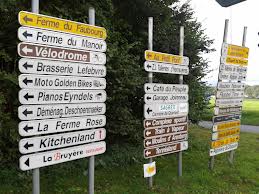Reading Into It
Posted on September 7th, 2013by Melanie
In Spelling, Words, Writing | Leave a Comment »
 When we think of learning languages, we tend to mean speaking them, getting to know the basics first so that we can ‘get by’ with the little that we know, then gradually increasing our knowledge until we eventually reach a point of fluency. When people look enviously at others and say that they wished they could speak another language like that, or have the ability to switch effortlessly between two languages, they are ultimately referring to the ability to speak the language.
When we think of learning languages, we tend to mean speaking them, getting to know the basics first so that we can ‘get by’ with the little that we know, then gradually increasing our knowledge until we eventually reach a point of fluency. When people look enviously at others and say that they wished they could speak another language like that, or have the ability to switch effortlessly between two languages, they are ultimately referring to the ability to speak the language.
However, learning languages doesn´t just involve speech. It goes without saying that you also have to be able to listen to and understand it when it´s being spoken to you, but the ability to read and write it mustn´t be forgotten or dismissed.
When travelling abroad, a basic knowledge of the language is helpful for simple tasks, such as reading shop signs, understanding menus when you´re ordering food in restaurants, being able to follow road signs and directions, and understanding how to buy and validate a ticket for the correct route at a train station. These are just some of the everyday things we deal with without thinking, but being able to read and understand the basics can go a long way in a foreign country.
Students often find the reading and writing aspects of learning languages daunting, but with the right teacher and the correct tuition, there really is no need to be worried. Once you´ve grasped the basics, you´ll find that the words will just logically fall into place. So take the plunge and enrol in some language classes; you´ll be word perfect before you know it!

